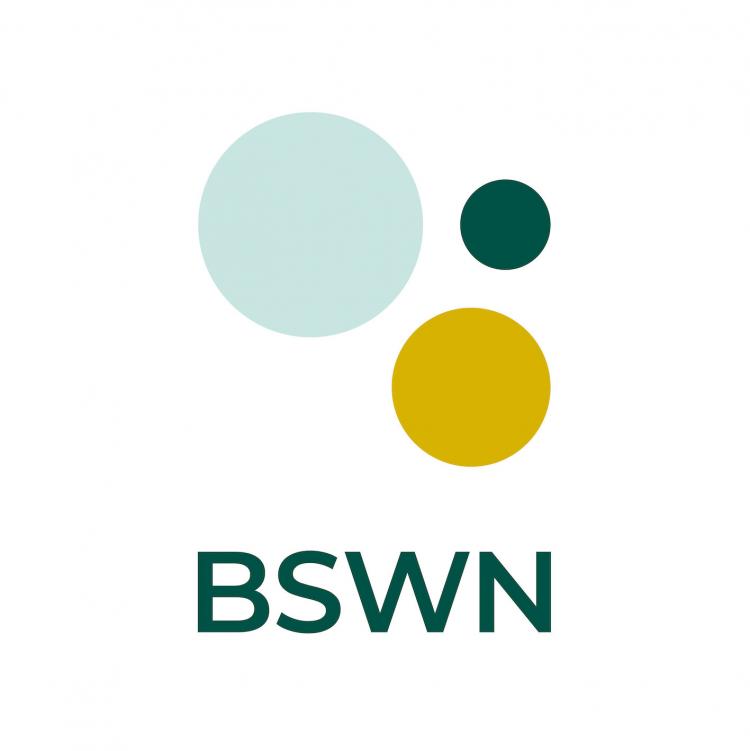
Black South West Network (BSWN) has completed new research highlighting the impact that COVID-19 has had on Bristol’s VCSE sector.
The report, Priority Areas for Investment for an effective VCSE recovery post-Covid, assesses how to foster greater community resilience in the new operating environment, and ultimately provide evidence for a thoroughly informed sector that can strengthen a post-lockdown recovery strategy.
This research project has been jointly funded by Bristol City Council, Power to Change and Quartet Community Foundation, and it is being undertaken by Black South West Network in partnership with VOSCUR and Locality.
The main findings include:
Download the full report or the executive summary.